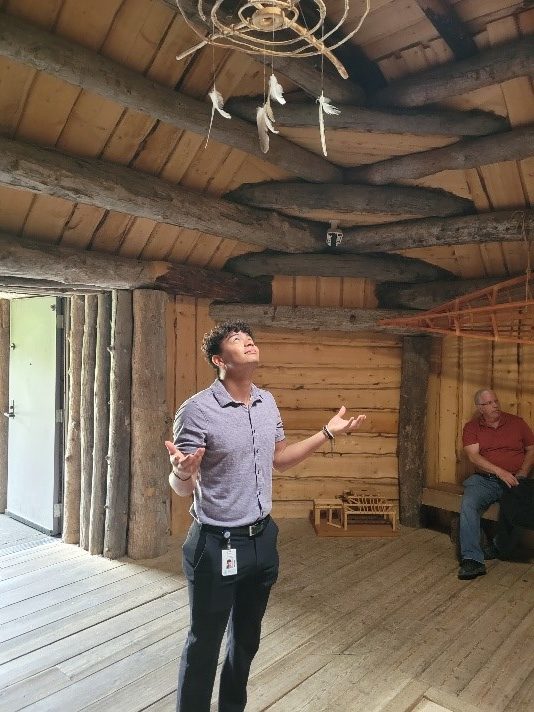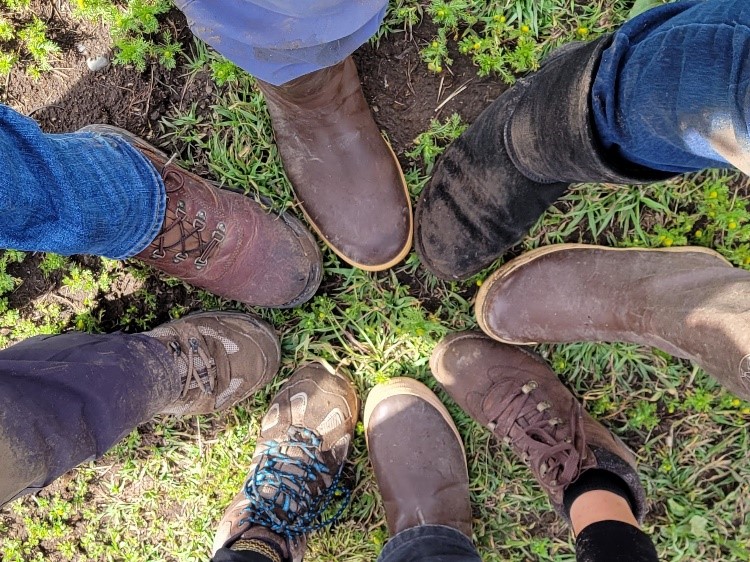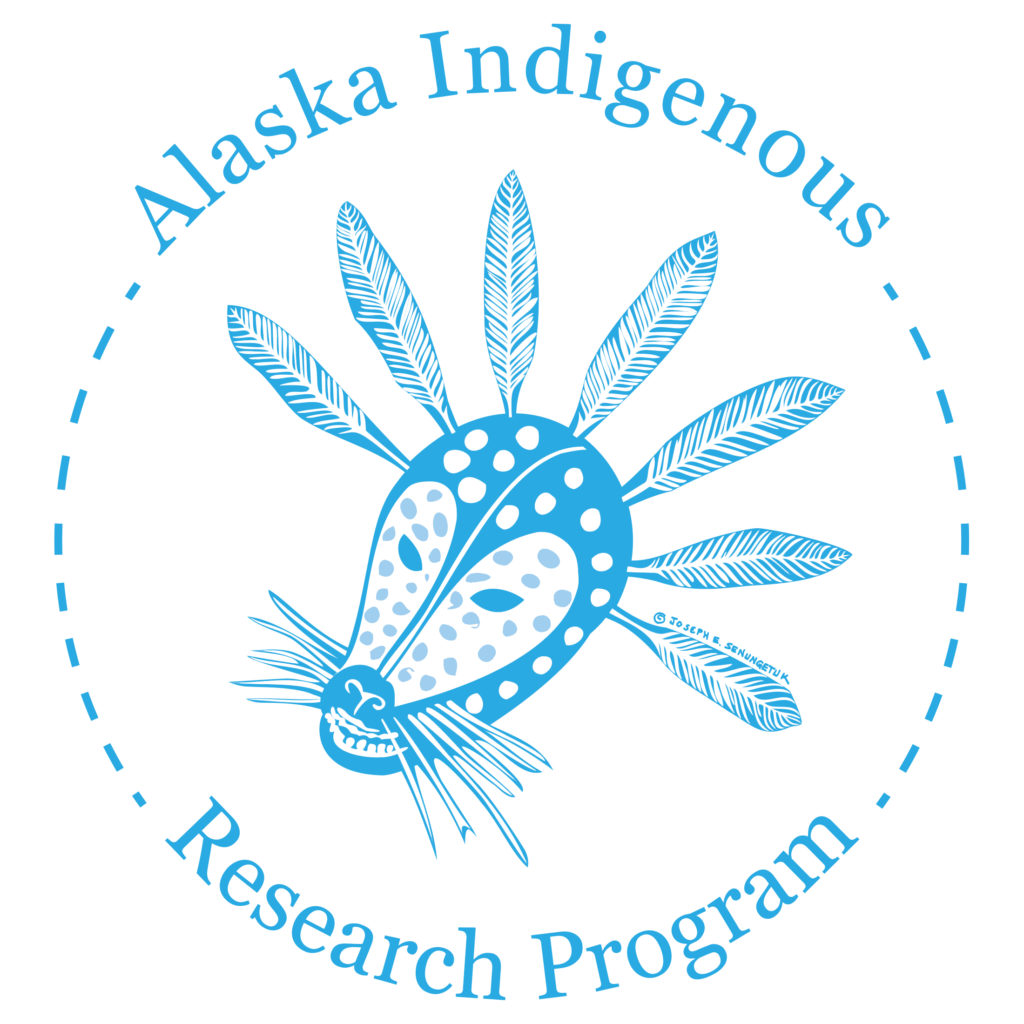Alaska Indigenous Research Program
“That’s what learning is – you suddenly know something you’ve known all your life, but in a whole new way…” That’s what this conference made me feel. Thank you! Quyana.”
Doris Lessing, Former AKIRP Participant
Program Overview
The Alaska Indigenous Research Program (AKIRP) is a collaboration between the Alaska Native Tribal Health Consortium (ANTHC) and Alaska Pacific University (APU) to increase capacity for conducting culturally responsive and respectful health research that addresses the unique settings and health needs of Alaska Native and American Indian People. Since 2019, AKIRP has built a network of Indigenous and non-Indigenous students, researchers, health professionals and scientists. ANTHC and APU have hosted four annual AKIRPs with a total of 417 participants from Alaska, the contiguous US, Canada and other parts of the world.
AKIRP differs from conventional approaches to cultural competency education and training. It brings together diverse perspectives and epistemologies – Indigenous and Western worldviews and ways of knowing – in an effort for mutual understanding, reciprocity, respect and the co-production of solutions for health disparities among Alaska Native/American Indian People. This is known as “Two-Eyed Seeing” or “Etuaptmumk”, a framework that was first proposed by Mi’kmaw Elders Albert and Murdena Marshall as a way to bridge Western science and Indigenous knowledge by aiming:
“to learn to see from your one eye with the best or the strengths in the Indigenous knowledges and ways of knowing … and learn to see from your other eye with the best or the strengths in the mainstream (Western or Eurocentric) knowledges and ways of knowing… but most importantly, learn to see with both these eyes together, for the benefit of all.”

This framework requires a common ground, or ethical space, where Indigenous and Western knowledge systems, knowledge generators and knowledge bearers can co-exist and engage as equal partners in a collective process of knowledge building. AKIRP serves as an ethical space of support and empowerment for Indigenous students and scholars to bring their full selves with the potential to become researchers and investigators. They are able to draw on different value and knowledge systems to collaborate with Indigenous communities to find ways for healing and wellness. Similarly, non-Indigenous scholars will understand the need and value of finding reciprocity and relationally between Indigenous knowledge and Western science to address the health disparities that exist for Alaska Native/American Indian peoples.
Program Goals
Our overall goals are to:
Provide Indigenous-centered, cross-cultural health research education and training for students, researchers and health professionals working in Tribal health with a focus on:
-
- Understanding Indigenous worldviews and how to apply the Two-Eyed Seeing framework.
-
- Conducting equitable and ethical health research with Alaska Native/American Indian communities and people.
-
- Applying appropriate and respectful research methods (Indigenous and Western) to co-produce knowledge.
-
- Understanding the historical and cultural context in which health research is being conducted.
Offer internship and mentorship opportunities for Alaska Native/American Indian undergraduate and graduate students at ANTHC, APU and other academic and Tribal entities. We aim to continue support through academic counseling for past, current and future interns.

Program Courses
-
- Week One | Advanced Research
This week is designed for experienced researchers and health professionals. Presentations and speakers will cover Indigenous and Western knowledge and ways of knowing, decolonizing research practices, Indigenous research methodologies, bringing together multiple perspectives in research, community-based participatory and culturally responsive research, and historical trauma and research.
- Week One | Advanced Research
-
- Week Two | Research Ethics
This week is designed for all levels of research experience. Presentations and speakers will cover the history of research in Alaska, historical trauma, decolonizing research practices, Tribally-driven health research and research review, human subject research principles, Institutional Review Board (IRB) review, culturally responsive dissemination practices, and principles of community-based participatory research.
- Week Two | Research Ethics
- Week Three | Introductory Research
This week is designed for those who are interested in health research with little to no experience. Presentations and speakers will cover an introduction to Indigenous and Western research methods, exploration of different types of health research, the One Health perspective, introduction to community-based participatory research, culturally responsive communication and dissemination, introduction to history and ethics health research in Alaska, and how to integrate Indigenous methods into public health.
- Week Three | Introductory Research

